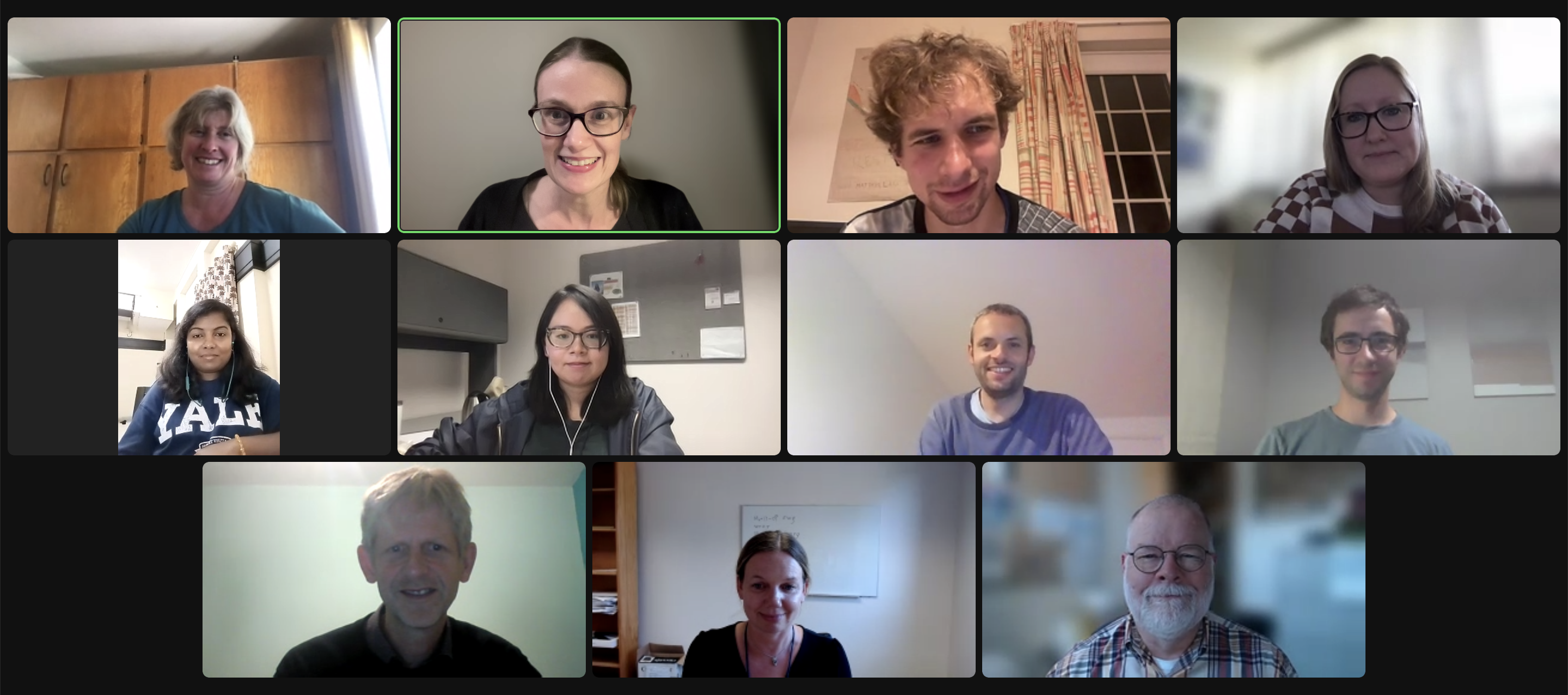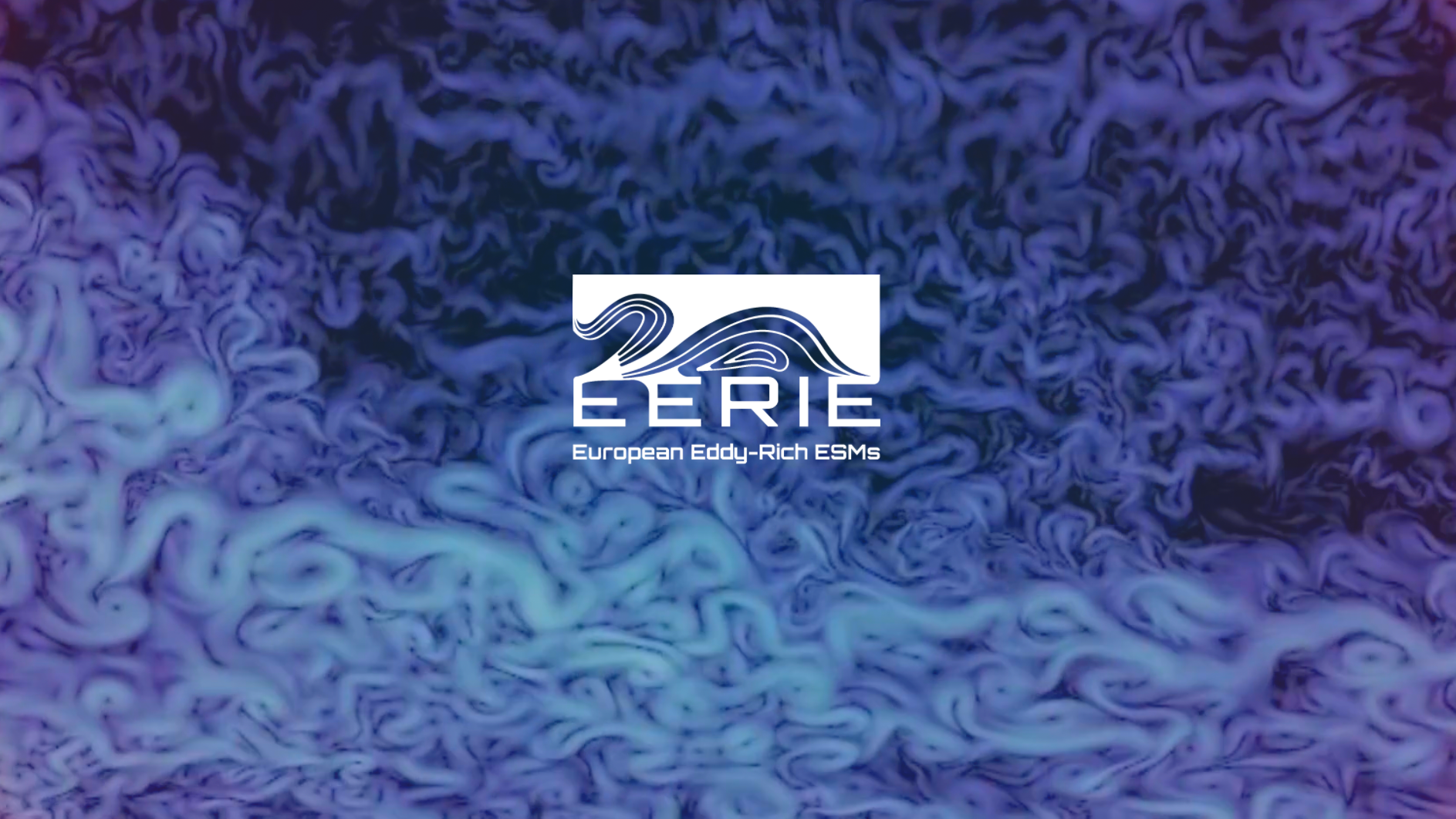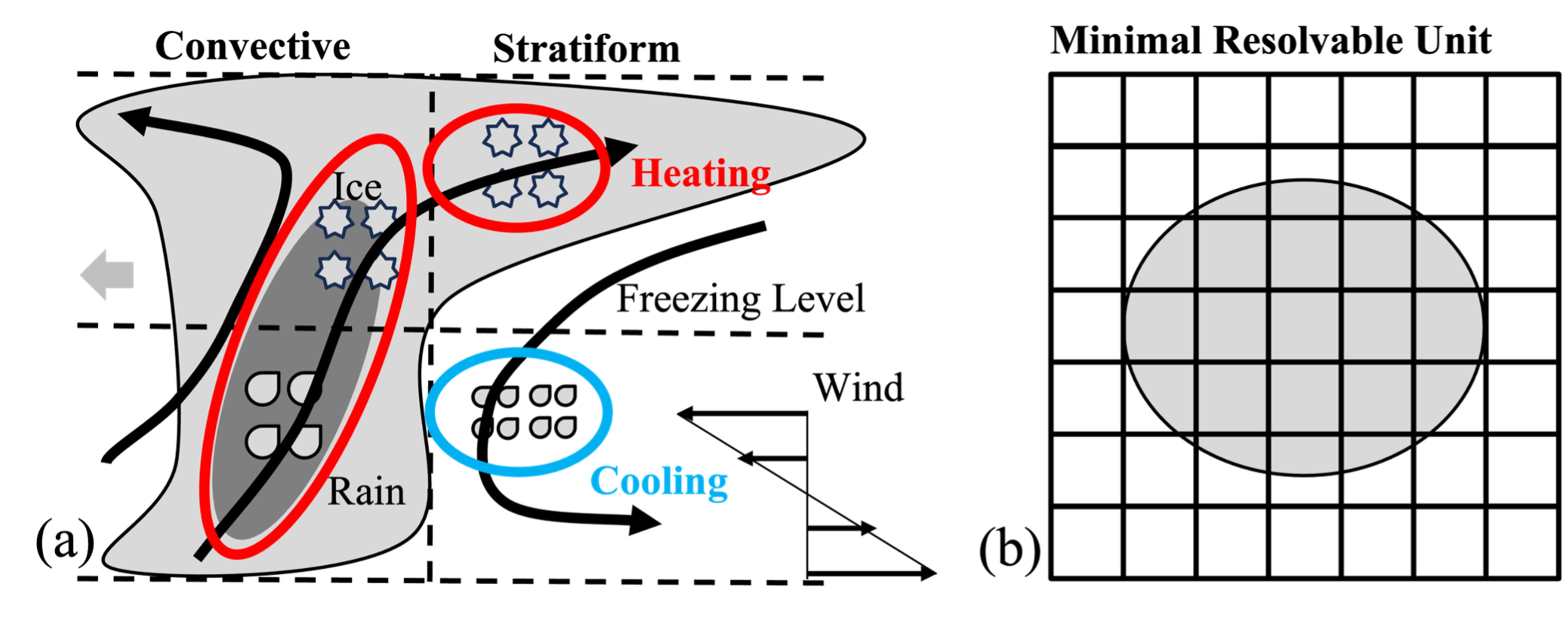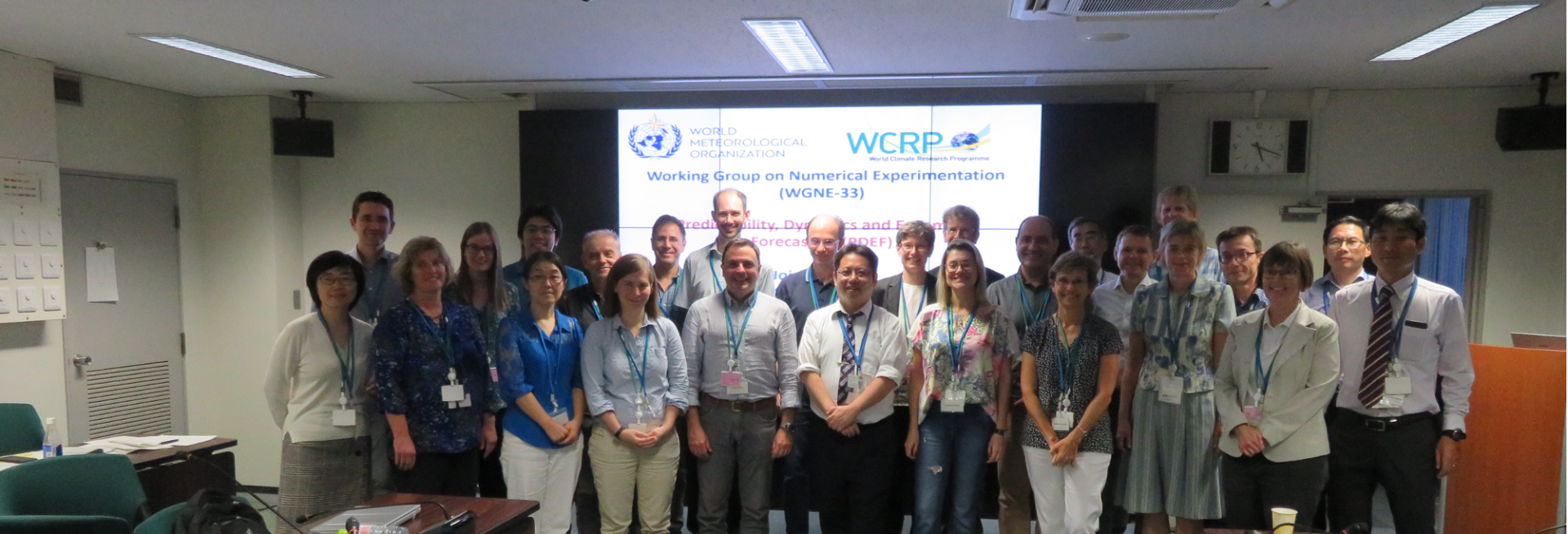International Projects
We are involved in several international projects and collaborations funded through grants from the European Commission, the Natural Environment Research Council, and the Leverhulme Trust.
Model Uncertainty-MIP
The Model Uncertainty-Model Intercomparison Project (MUMIP) is a joint venture of the World Weather and World Climate Research Programmes, led by our group here in Oxford, with contributors from modelling centres worldwide. The project team investigates the dominant source of uncertainty in numerical weather prediction and climate models, namely the approximations used to represent small-scale physical processes. These uncertain physical processes include
- formation of clouds and precipitation
- exchange with mountains, land, ice and sea surfaces
- consequent turbulent mixing and
- interactions of the atmospheric processes with radiation.
MUMIP enables us to systematically measure uncertainty associated with the representation of these processes. Our tailored protocol enables an intercomparison between international modelling centres from across Europe and the US. This enables us to propose better representations of uncertainty in predictions from a few days to many decades, improving the weather and climate forecasts used for decision making.
We are a registered Community MIP as part of CMIP7.
For more information, please see the MUMIP website.

European Eddy-RIch Earth system models (EERIE)
The central aim of the Horizon Europe EERIE project is to design and build the next generation of global high resolution Earth-system models, capable of resolving the 'weather' of the world's oceans, usually called ocean eddies.
EERIE is a large Horizon Europe project, with 17 partner institutes from around the world. Within EERIE, we have a leading role in two work packages.
- Impact of the ocean mesoscale on climate variability and teleconnections (WP7)
The overarching goal of this work package is to improve our understanding of the local and remote impacts of the ocean mesoscale on the large-scale atmospheric circulation, including influences on the climatological mean state and variability across weather and climate timescales.
This work will combine evidence from observations, reanalyses, and a hierarchy of model simulations, including the EERIE eddy-rich coupled simulations, idealized experiments with prescribed sea-surface temperatures, and existing CMIP/HighResMIP simulations. Important scientific questions that we hope to address in this work package include:
What is the relative importance of time-varying eddies vs Sea-Surface Temperature fronts for the global atmosphere mean state and variability?
Does increased atmospheric resolution amplify the response to the ocean mesoscale in model simulations?
Can eddies drive climate/weather variability beyond the local marine atmospheric boundary layer?
Within the Atmospheric Processes group, we are co-ordinating assessment across all EERIE contributing centres. We also have projects focusing on ocean drivers of European winter-time weather, and on the potential to use EERIE simulations to inform planning for energy supply and demand, in collaboration with the NESO National Grid
- Enhancing models and model analysis with Machine Learning (WP12)
EERIE is an ambitious project which brings with it many technical. In WP12, we are exploring ways to address these challenges using Machine Learning (ML).
We are using existing ML tools and developing novel ML-based approaches to address the computational challenges of Eddy-Rich Earth-System Models (ER-ESMs), including ocean spin-up, model evaluation and understanding.
We are also leveraging ML to maximally extract knowledge from the EERIE simulations, and to inform policy decisions through developing improved linkages with Intregrated Assessment Models.
Finally, we are working to bridge the gap between ER-ESMs and convection permitting resolutions by developing ML-based parameterisations. A focus is on developing tools that can be adopted by the wider community (i.e. model independent), providing a strong pathway to impact.

MCS:PRIME
Mesoscale Convective Systems (MCS) are organised systems of thunderstorms exceeding 100 kilometers in size. MCSs account for a significant proportion of global rainfall, which critically influences weather forecasting and plays a pivotal role in the prediction of climate patterns. However, existing weather and climate models face difficulties in accurately representing MCSs and their upscaling impact, particularly regarding the heating associated with light and heavy rain production. We urgently need a coherent framework to represent MCS in forecasting models, which accounts for the interactions of a myriad of atmospheric processes.
To address this issue, the Mesoscale Convective Systems: PRobabilistic forecasting and upscale IMpacts in the grey zonE (MCS:PRIME) project will develop a novel representation of MCS to be used in global ensemble weather predictions and climate models. Importantly, this representation will be probabilistic, using stochastic methods to account for uncertainties associated with modelling MCSs
Here in Oxford, our focus is on improving and testing a simple MCS scheme, which forms the basis for our stochastic model. We are using a novel analysis increment dataset to characterise the impact of MCSs currently missing from weather forecasting models, and the uncertainties involved in this impact, to be incorporated into our new scheme. We are further working closely with the other project partners:
Collaborators
- Robert Plant, Mark Muetzelfeldt. University of Reading, UK
Research Focus: Environmental triggers of deep convection; stochastic parameterization for organized convection.
- Alison Stirling, Michael Whitall, Warren Tennant, Chiara Piccolo, Anne McCabe. UK Meteorological Office
Research Focus: Implementation and enhancement of parameterization schemes in the Met Office Unified Model; analysis of data assimilation increments from operational weather forecasts.
- Mitchell Moncrieff, Chih-Chieh Chen. National Center for Atmospheric Research, USA
Research Focus: Implementation and enhancement of multiscale coherent structure parameterization.
- Zhe Feng, Ruby Leung. Pacific Northwest National Laboratory, USA
Research Focus: Leveraging global observed MCS tracks to diagnose the MCS and environment two-way interaction in simulations.

Fig: Schematic of a Mesoscale Convective System. From Zhang et al, (subm. 2024)

